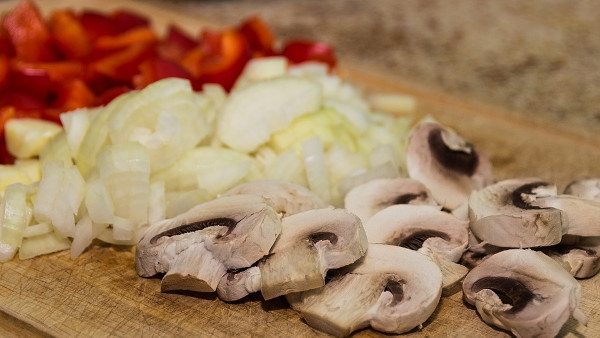Why Does Food Cook Faster in a Pressure Cooker?
Get answers to:
- What is the boiling point of water?
- Why do we cook food?
- What does denatured mean?
We cook food for many reasons:
- to destroy pathogens like bacteria or parasites
- to make it tastier
- to make it more edible
In all cases, we use heat to do all this.
Pressure cookers are used to speed up cooking food that would normally be boiled, stewed, or braised (lightly fried – for browning- then stewed).
When we boil or stew food, the maximum cooking temperature is 100°C (212°F) because this is the boiling point of water. No matter how much you heat the water, it won’t get any hotter. The water will boil more violently, but it won’t get hotter.
The boiling point of water is 100°C only at sea level. At higher altitudes, water boils at a lower temperature. In Denver Colorado (altitude 1600m), the boiling point of water is 94°C. In La Paz, Bolivia (altitude 3600m), the boiling point of water is 87.7°C. And at the top of Mount Everest (altitude 8900m), the boiling point of water is only 71°C.
This happens because the air pressure at higher altitudes is lower, which means there is less air pressure pushing down on the water. The water molecules at the surface of water are always trying to jump into the atmosphere. At lower atmospheric pressure, they need less energy to do so.
A pressure cooker is a sealed container in which the steam from the boiling water increases the pressure inside it. The increased pressure means the water must get to higher temperature in order to boil. By increasing the temperature of the water, the food is able to cook more quickly.
Most pressure cookers use an internal pressure of 2 bar1 (double atmospheric pressure at sea level). This allows the water to reach a temperature of 120°C.
The increased pressure also forces moisture into the food being cooked. This helps to tenderize the food and make it cook faster.
Cooking helps to make certain foods more edible (or at least palatable). Cooking rice, potatoes, and other starchy foods causes the tightly packed starch to expand and dissolve in the water – a process called gelatinization. With meat and other proteins, it denatures2 the protein. A protein is a long, tightly packed molecule, cooking causes it to unravel.
Of course, building up pressure inside a pot can be dangerous and all modern pressure cookers have pressure release valves to reduce the pressure inside when it reaches dangerous levels.
Pressure cookers also save energy since less time is needed to cook the food.
- Typically, the pressure cooker will indicate 1 bar (15 psi or 100 kPa) if it has a pressure indicator. This shows the pressure above atmospheric pressure.↩
- The normal “nature” of a protein molecule is to be folded in a particular shape, when you heat it, the bonds holding the molecule’s shape are broken and the molecule becomes something like a long string. In other words, its normal “nature” (folded) has been undone (denatured).↩
